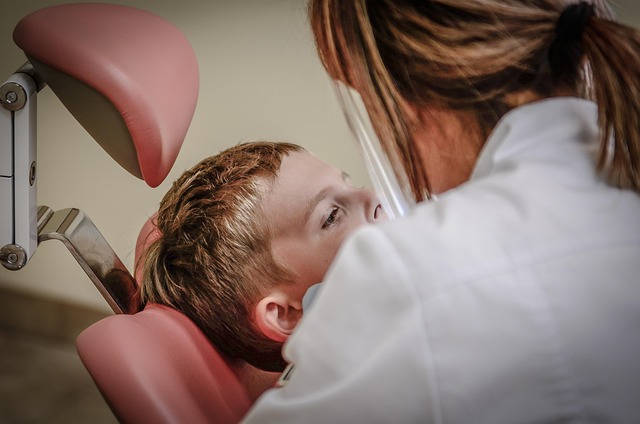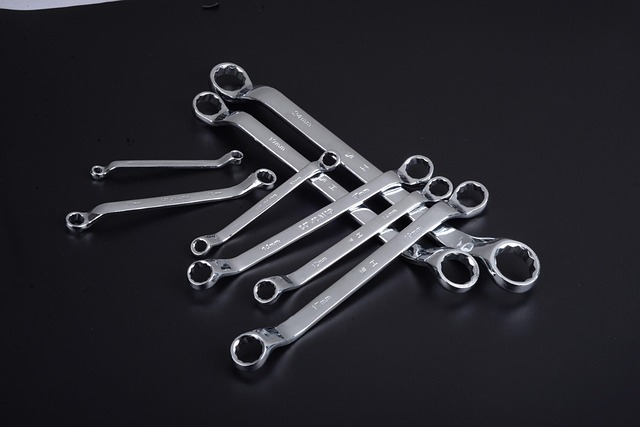Plantar warts, caused by HPV, require professional treatment from a certified wart removal doctor. Options include topical salicylic acid, cryotherapy, laser therapy, immunotherapy, and professional wart freezing. These methods aim to eliminate warts, reduce discomfort, and prevent recurrence, with varying levels of precision, recovery time, and scarring risk. Certified doctors offer personalized care, ensuring safety and comfort throughout treatments like laser therapy in Manchester, West Midlands, Essex, Canterbury, and Bolton.
Tired of dealing with unsightly and painful plantar warts? Explore effective, non-invasive methods for plantar wart removal without surgery. This comprehensive guide offers insights from certified wart removal doctors into top treatments like topical medications, laser therapy, and immunotherapy. Learn how these innovative approaches target warts while minimizing discomfort or side effects. Discover the best solution for your needs and reclaim comfortable foot health.
- Understanding Plantar Warts: Causes and Symptoms
- Topical Treatments: Non-Invasive Options for Wart Removal
- Laser Therapy: A Certified Approach to Wart Elimination
- Immunotherapy: Boosting Your Body's Defense Against Warts
Understanding Plantar Warts: Causes and Symptoms

Plantar warts are a common skin condition that affects the soles of the feet. Caused by the human papillomavirus (HPV), they can develop as a single lesion or in clusters, often resembling small calluses. While they may not be painful, plantar warts can cause discomfort and difficulty walking or running. Symptoms include hard, rough bumps on the bottom of the foot, sometimes with a crusted or bloody surface. These growths may also feel tender or itchy when pressed.
If left untreated, plantar warts can persist for months or even years, and in some cases, they may spread to other parts of the body. Seeking treatment from a certified wart removal doctor is crucial for effective management. Safe removal methods like cryotherapy (freezing), topical medications, or surgical excision are available, with private wart removal Birmingham, Essex Chelmsford, and other specialized clinics offering discreet and efficient solutions tailored to individual needs.
Topical Treatments: Non-Invasive Options for Wart Removal

Many individuals seeking relief from plantar warts often wonder about non-invasive treatment options available without a trip to a certified wart removal doctor. Topical treatments offer a promising alternative for those who prefer a more direct approach to at-home care. These include over-the-counter creams and medications that can be applied directly to the affected area, targeting the virus responsible for the wart’s growth.
One popular non-invasive method is salicylic acid, which is commonly found in various topical solutions. This substance helps to soften and dissolve the hard skin of the wart, allowing for easier removal. Other options include cryotherapy, where a private wart removal Manchester or West Midlands Wolverhampton clinic might use liquid nitrogen to freeze the wart, or even essex Chelmsford wart clinic specializing in targeted laser treatments. These methods provide effective, non-surgical solutions for those seeking to eliminate plantar warts without invasive procedures.
Laser Therapy: A Certified Approach to Wart Elimination

Laser therapy has emerged as a certified approach to plantar wart elimination, offering a precise and effective solution for those seeking relief from these unsightly growths. This method involves the use of concentrated light energy to target and destroy the affected skin cells while minimizing damage to surrounding healthy tissue. Certified wart removal doctors utilize advanced laser technology to ensure safe and efficient removal, making it an attractive option for those who have experienced unsuccessful or uncomfortable traditional treatments.
Compared to other methods like cryotherapy (freezing) or surgical excision, laser therapy is often preferred for its precision, rapid recovery time, and reduced risk of scarring. It is particularly effective for stubborn warts that resist conventional treatments. Whether you’re based in a wart removal centre in Canterbury or exploring options in Bolton, certified doctors can provide personalized care to address your specific concerns. This modern approach not only offers a permanent solution but also ensures the safety and comfort of the patient throughout the procedure.
Immunotherapy: Boosting Your Body's Defense Against Warts

Immunotherapy is a non-invasive method that focuses on strengthening your body’s natural defense against plantar warts. This approach involves triggering an immune response by introducing a small amount of a substance, such as a protein from the wart, into the affected area. Over time, this process can help your body recognize and fight off the virus responsible for the wart’s development. By consulting a certified wart removal doctor, like those available at Merseyside St-Helens wart clinic, you gain access to specialized care tailored to your unique condition.
Professional wart freezing, another effective technique, is also an option. This involves applying liquid nitrogen to freeze and destroy the affected skin cells. While it may sound intimidating, this procedure is typically quick and relatively painless. After a professional wart removal doctor assesses your condition, they can guide you on the best course of action, ensuring you understand wart removal: what to expect during and after treatment.
When it comes to addressing plantar warts, a range of non-invasive methods offer effective relief without surgery. From topical treatments to advanced therapies like laser and immunotherapy, these options provide convenient and safe ways to eliminate warts. For persistent or challenging cases, consulting a certified wart removal doctor can be beneficial. They can guide you through the best course of action, ensuring optimal results with minimal discomfort.
